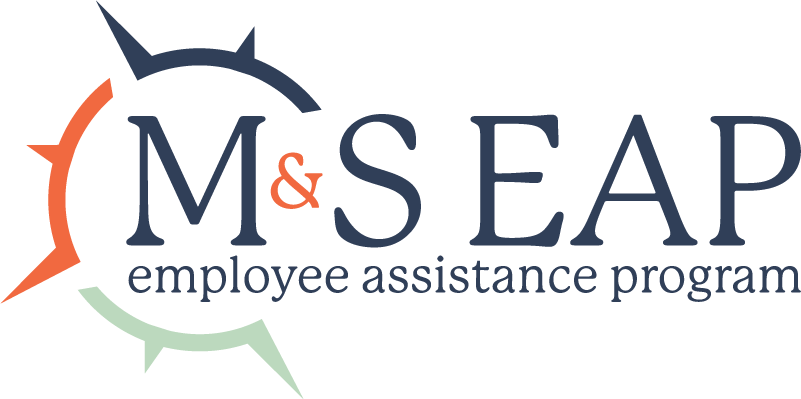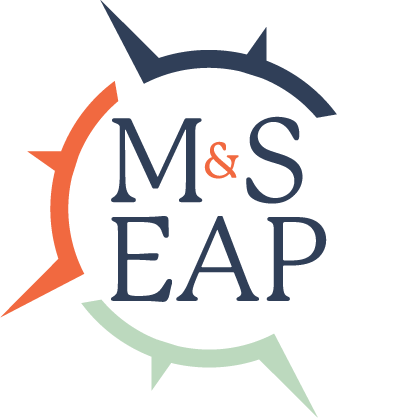How Should Employers Take & Implement Criticism?

Knowing how to take criticism doesn’t always come naturally to us. This is especially true in the workplace context, where the inherent power dynamics and status quos can make it difficult to inspire change. Employers have a responsibility to foster a safe, productive and nurturing work environment, and that can in part be achieved by seeking out and implementing feedback from employers.
How can employers take and implement criticism in the workplace?
The first step in employers seeking constructive criticism to implement is by setting up a forum for employees to provide feedback in a secure way. Employees shouldn’t have to fear judgement or retaliation for making their voices heard, and employers should greatly minimize the chance of judgement or retaliation to begin with.
There are a number of ways to solicit feedback and criticism from employees, depending on the desired level of involvement from employees:
- Employers can create a committee of employees who would be responsible for reporting feedback on a monthly basis. The committee would meet, gather a list of ideas for things that could be optimized, and report back to management with suggestions on how to implement their feedback. Employers would then be transparent about the implementation process, explaining why some ideas would or would not be considered further.
- Employers can send out email surveys to employees, ensuring that their responses will be anonymous. This helps employees feel at ease that they won’t be retaliated against for sharing valid criticism.
- Human resources and managers can conduct voluntary exit interviews when employees move on to new opportunities. The purpose of exit interviews is to understand why employees are leaving the organization. There are sometimes factors out of their control, like family matters or moving, but sometimes employees seek new opportunities because they dislike aspects of their current position. Receiving their feedback would be helpful in understanding what would be considered a dealbreaker to some employees and how they can be improved. By making the exit interview voluntary, employers will receive feedback and criticism from employees who truly want to see positive change within the organization.
- Employers can meet with new hires to solicit feedback on their on-boarding process: What went well? What could be improved? What could be streamlined?
Once an employer has chosen a method/methods for soliciting employee feedback and criticism, they are responsible for how they respond and use that information.
So, how can employers actually implement their employees’ suggestions?
- Remember that employees and employers are on the same team, both want to see the organization and its parts thrive.
- Be open and receptive to feedback rather than defensive.
- Understand that employees are the experts of their own jobs, whereas management has more of a high-level understanding of the day-to-day operations. If a group of employees is advocating for a change in process or technology, it is likely because they have faced roadblocks in performing their daily tasks.
- Remember that constructive criticism is a two-way street. Oftentimes, managers give feedback and criticism to their employees, but employees rarely have the opportunity to provide feedback to their management. In order for all parties to be on the same page, everyone should have the opportunity to make their voices heard.
What are the benefits of employers taking and implementing criticism?
- Employees are often more in-the-know about things that need to be addressed because they interact with them every day, whether that is an outdated technology, an incomplete onboarding process or gaps in the training program.
- Extra help and resources can be given to employees and programs to those that need it, which may not have been identified without employee feedback.
- New programs and practices can be developed, either because employees have identified a need for a new one or because there were criticisms of and areas of opportunities for the existing ones.
- It can help foster a transparent and productive in-office conflict resolution procedure, which is of paramount importance for employee safety.
- Employees can help identify cost-saving measures, methods, techniques and materials, which saves money for the organization overall.
- Critical infrastructure that is necessary for productivity can be quickly serviced when needed, such as IT systems.
- Employee morale will be improved when voices are being heard, and the employer-employee relationship will be strengthened.
Mazzitti & Sullivan EAP is dedicated to supporting employees and employers through it all. Our employee assistance program can offer your employees counseling, career coaching, financial counseling, and community resources, at zero cost to them or their families. Reach out today at 1-800-543-5080 to find out how an EAP can benefit your employees and help strengthen your corporate culture.



